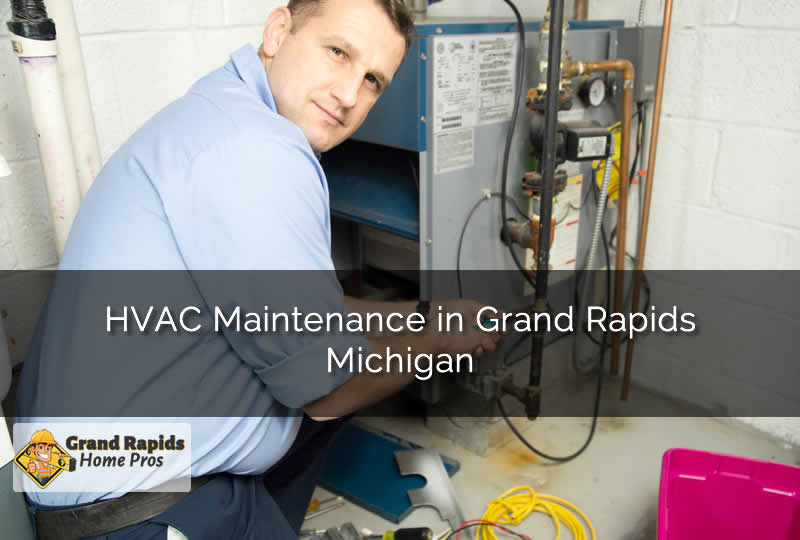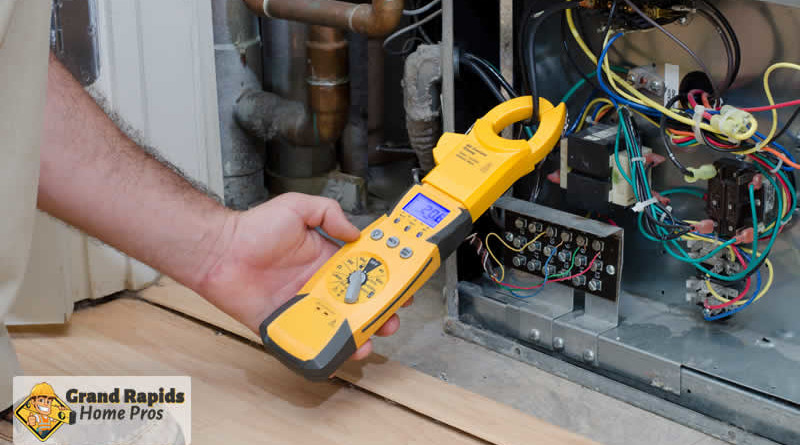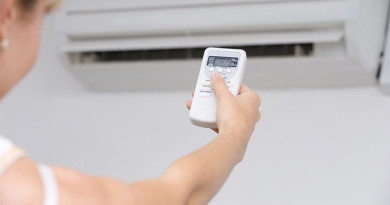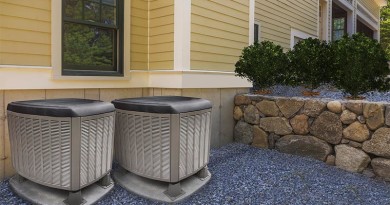HVAC Maintenance in Grand Rapids Michigan
With proper maintenance an HVAC system can last an average of 12 to 15 years. In fact, sometimes having an HVAC unit that lasts 20 years or more is quite common. But that’s only if you get regular maintenance for your system. Getting proper HVAC maintenance in Grand Rapids Michigan is so important to having a lasting system that will keep you and your family comfortable for years to come.
HVAC Maintenance in Grand Rapids Michigan
Keeping your HVAC system running at optimal performance means getting annual checks of the system. This is something that needs to be done by a certified HVAC technician. There are lots of things that the technician will check to ensure the system is running at peak performance. This article will look at some of the things the technician will check and why.
Clean unit and Replace Filter
One of the biggest problems that an HVAC unit faces is the buildup of dust. Since so much air moves through the unit dust can build up quickly. The air filter is designed to keep most of the dust and debris from entering into the system but there are always places that gather dust even when you change the filter regularly. Getting HVAC maintenance in Grand Rapids Michigan means that the technician will clean all or most of the dust from around areas in your system. This includes air plenums and fan blades as well which can really hurt performance of the system.
Check Power Draw of Components
Each component on your HVAC system has an ideal power draw. A technician will check the power draw of each component with an amp meter to see if it’s operating within specifications. This is critical because a component that is using too much power will likely soon fail. It will also drive up energy costs and also cause the component to over heat in most cases. Fan motors are one of the the components that this higher energy draw will show up on. Because the bearings in the fan motor may start to fail it will cause the unit to use more power. In older HVAC units the technician may be able to oil the fan motor and bring it back into specifications.

Check Freon Levels in the HVAC Unit
Low refrigerant (also called freon) in the HVAC unit can cause problems with the system. It could still cool and heat your home (heat pump) but it wouldn’t do so efficiently. Low refrigerant in the system can cause the unit to stop eventually and also need to be recharged and checked for leaks. Since freon isn’t used like combustible gases it must have a leak in order to leave the system. If the technician tells you that the freon is low then they will also check for a leak and repair it before recharging the system. This is also a crucial step in HVAC maintenance in Grand Rapids Michigan simply because the leak may get larger and leak more refrigerant out.
Inspect Wiring and Connections
A quick visual check of the wiring inside the HVAC system can lead to clues if something is over heating or using too much power. The technician will look for black burn marks, melted wire insulation, and more when making this visual inspection. They may also look at the contact surfaces of relays in the system if they are exposed. Burnt contacts could cause the unit to fail at any time and will likely need to be replaced.
Cleaning Duct Work and Registers
An additional item that you may consider is getting the duct work and registers in your home cleaned. Many HVAC companies in Grand Rapids Michigan offer this as an add on to the regular HVAC maintenance service but it’s certainly worth it. Reducing drag in the ducts can help with air flow and save energy. It can also help you to locate any problem areas with the duct work that may need addressing such as leaks or bad insulation.
Make Sure You Get an Annual Inspection
If you want to get the most out of your HVAC unit then it’s important to get annual inspections. The checks above are just some that will be performed on your HVAC unit during maintenance. It’s important to note that these checks can add years to the life of your HVAC system.




